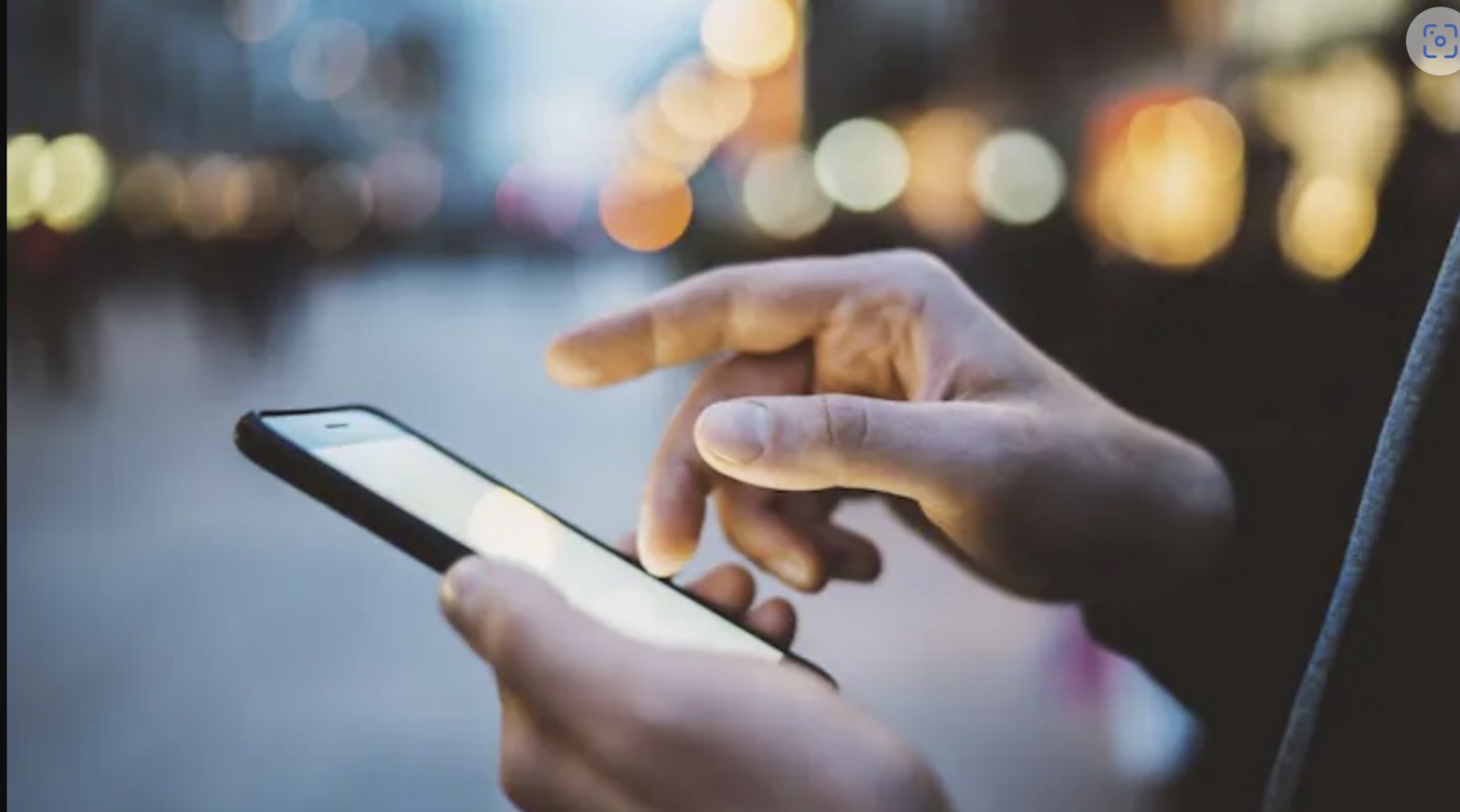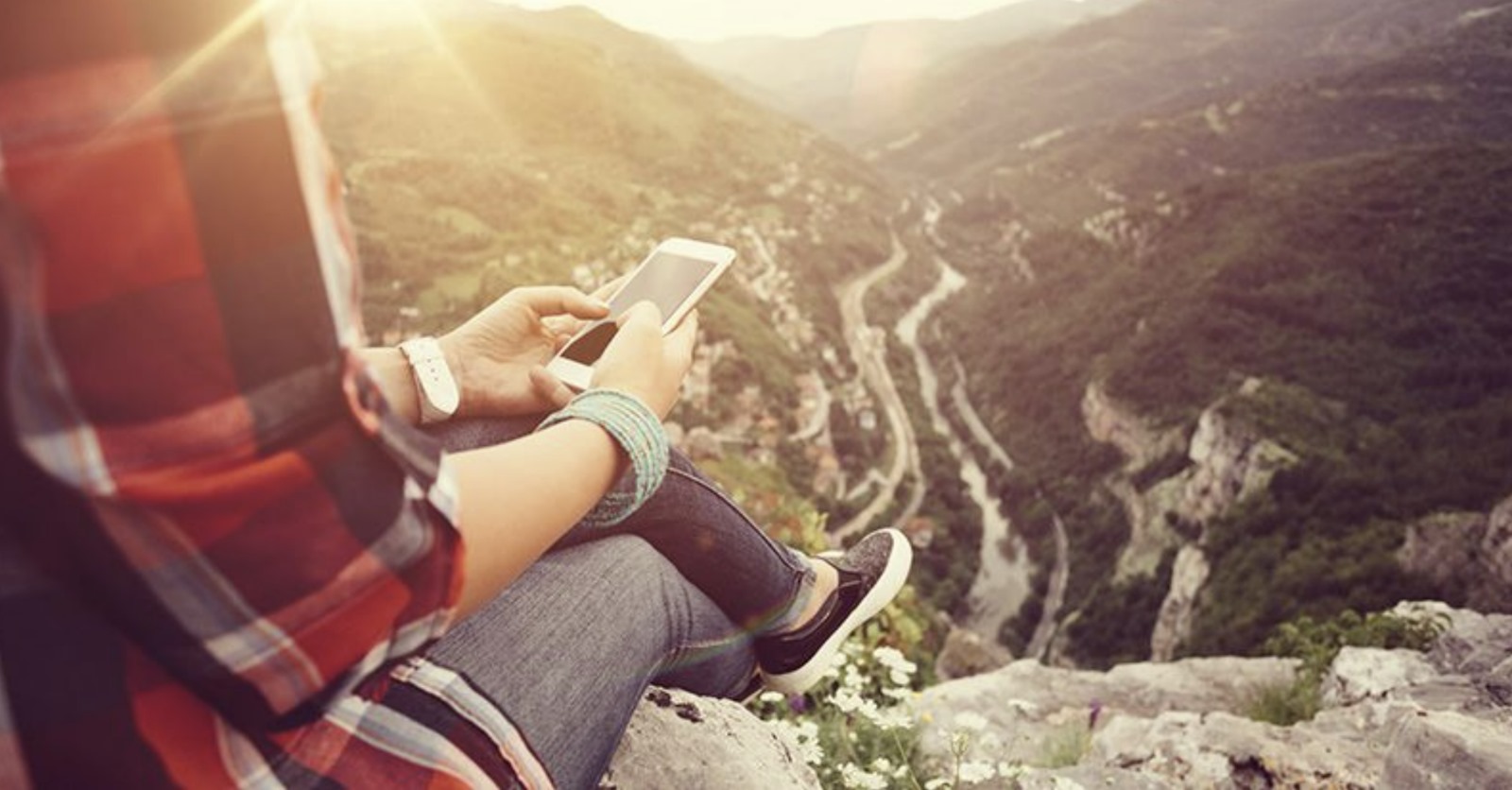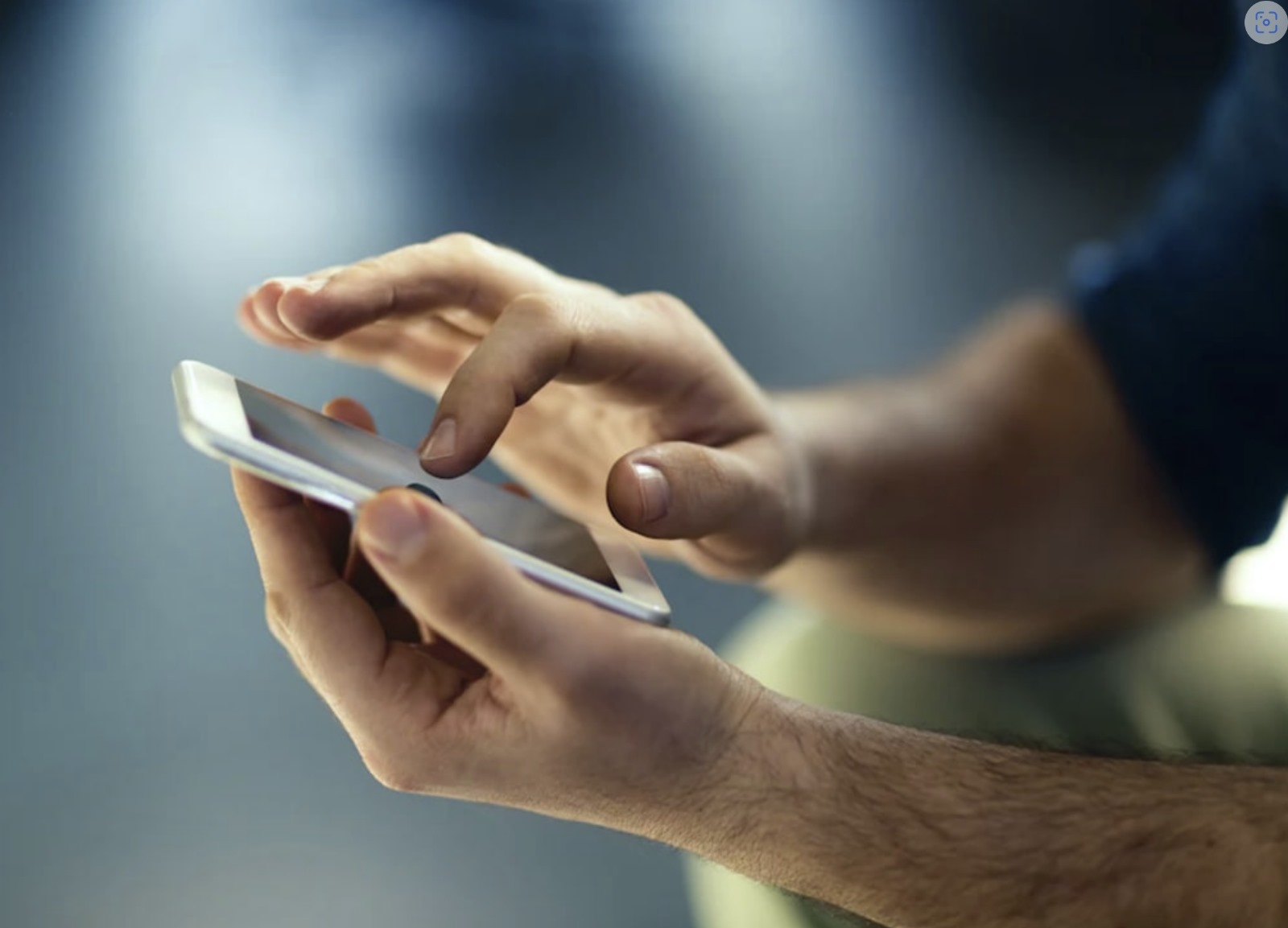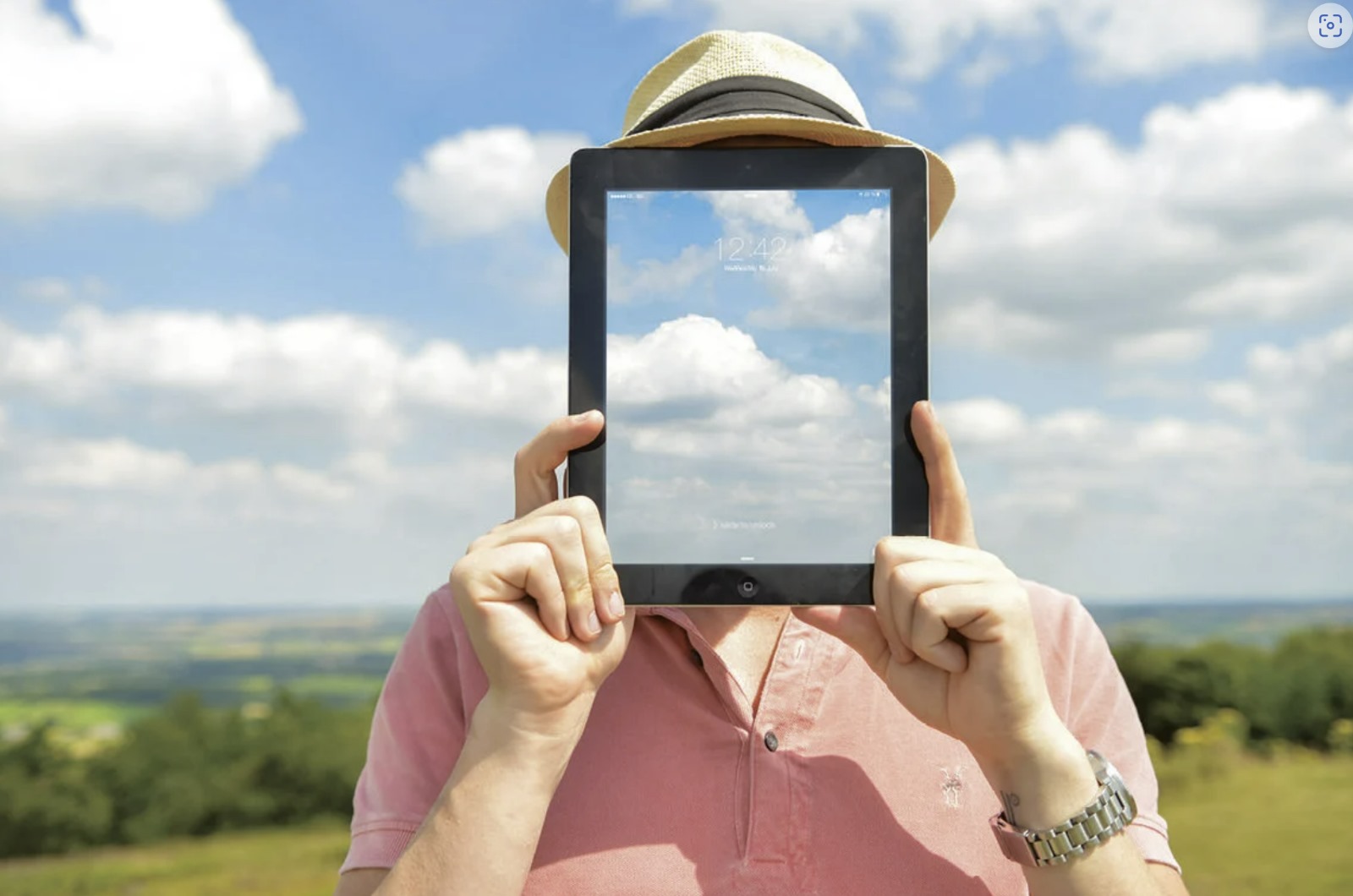The attack on social media just won’t stop.
Three weeks ago, on August 8, the Child Mind Organization updated a report on its website headlined, “Does Social Media Use Cause Depression?” The answer was basically yes.

Meanwhile, anonymous backers of the Kids Online Safety Act are running an expensive series of TV ads with mothers who have suffered from the deaths of their teen-age children. The plight of the mothers is horrendous. But the purpose of these ads is to pin the deaths of the kids on social media and to call for government regulation of Big Tech.
Meanwhile, the surgeon general put out a report May 3, declaring an epidemic of loneliness and blaming teenage depression and anxiety on social media.
And since 1998, the year after the first social network, Six Degrees, was established, studies coupling social media use with depression have been popular in the research community.
Are all of these experts wrong in blaming the woes of depressed teenagers on social media? In my opinion, the answer is yes. And that opinion does not come from the handful of studies pointing to the positive effects of social media. It comes from personal experience.
In 1988, I was doing fieldwork in mass behavior. I wanted to find the dark underbelly where new myths and movements are made. Despite the fact that I grew up with Beethoven and Rachmaninoff, I established what became the biggest public relations firm in a field I had not previously known anything about: popular music.
I worked to build or sustain the careers of people like Michael Jackson, Prince, Bob Marley, Bette Midler, Billy Joel, Joan Jett, Billy Idol, and Queen.

Then, wham, in 1988 I was hit by a mystery illness and for five years I was too weak to talk or to have another person in the room with me. All in all, I was stuck in bed for a total of fifteen years.
So I had my assistant set up two computers next to my bed and went out in a dark space called the Internet looking for human connection. The Internet was the only place where even though I was in bed, I could be perceived as a full-fledged human being.
And the Internet did for me what it does for kids today. It allowed me to find others who would accept me even in my crippled condition and who shared my interests.
I ended up creating a group of twenty scientists from all over the world who wanted to legitimate an idea in evolutionary biology that was mocked and scorned. An idea called group selection. We succeeded.
I was only able to pull this off because of email and chat groups. Because of what is now called big tech.
The fact is that even as a kid I had been shunned and excluded by every group of children around. But if I’d had access to social networks, even as a five year old, I would have been able to find other kids who shared my interests, who appreciated me, and who I could appreciate. Even if they were located thousands of miles away.
That would have changed my life.

But the fact is that in the fifteen years when I was confined to my bed with Myalgic encephalomyelitis, the Internet saved me. And today the Internet and social media continue to save me.
I’m isolated by the aftermath of the Covid crisis. The café’s that used to stay open during my very late-night work hours now close early. So I’m forced to work seven nights a week in the bedroom where I was once imprisoned.
But I don’t feel isolated. In fact, I run three high-level groups dedicated to America’s advance in space on Uberconference. I do the research for my next book on Google and on the new AIs for scholarly studies. I meet once a week on Uberconference with the people in the Howard Bloom Institute, a group dedicated to keeping my body of work alive when I die. And I’m vigorously immersed in a world of people.
Thanks to social networks and the Internet.
So I oppose depriving kids of something I know would have saved me in my childhood the way it continues to save me today—social media, the Internet, and Big Tech.
References:
https://childmind.org/article/is-social-media-use-causing-depression/
Lee, H., & Cho, J. (2019). Social Media Use and Well-Being in People with Physical Disabilities: Influence of SNS and Online Community Uses on Social Support, Depression, and Psychological Disposition. Health Communication, 34, 1043 – 1052. https://doi.org/10.1080/10410236.2018.1455138.
Erfani, S.S., Abedin, B. and Blount, Y. (2017), The effect of social network site use on the psychological well-being of cancer patients. Journal of the Association for Information Science and Technology, 68: 1308-1322. https://doi.org/10.1002/asi.23702
Zalewska, A., Gałczyk, M., Sobolewski, M., & Białokoz-Kalinowska, I. (2021). Depression as Compared to Level of Physical Activity and Internet Addiction among Polish Physiotherapy Students during the COVID-19 Pandemic. International Journal of Environmental Research and Public Health, 18. https://doi.org/10.3390/ijerph181910072
Kim, J., Uddin, Z., Lee, Y., Nasri, F., Gill, H., Subramanieapillai, M., Lee, R., Udovica, A., Phan, L., Lui, L., Iacobucci, M., Mansur, R., Rosenblat, J., & McIntyre, R. (2021). A Systematic review of the validity of screening depression through Facebook, Twitter, Instagram, and Snapchat.. Journal of affective disorders. https://doi.org/10.1016/j.jad.2020.08.091
Haand, R., & Shuwang, Z. (2020). The relationship between social media addiction and depression: a quantitative study among university students in Khost, Afghanistan. International Journal of Adolescence and Youth, 25, 780 – 786. https://doi.org/10.1080/02673843.2020.1741407
Hu, Q., Li, A., Heng, F., Li, J., & Zhu, T. (2015). Predicting Depression of Social Media User on Different Observation Windows. IEEE/WIC/ACM International Conference on Web Intelligence and Intelligent Agent Technology (WI-IAT), 1, 361-364. https://doi.org/10.1109/WI-IAT.2015.166.
Primack, B., Shensa, A., Sidani, J., Escobar-Viera, C., & Fine, M. (2020). Temporal Associations Between Social Media Use and Depression.. American journal of preventive medicine. https://doi.org/10.1016/j.amepre.2020.09.014
Perlis, R., Green, J., Simonson, M., Ognyanova, K., Santillana, M., Lin, J., Quintana, A., Chwe, H., Druckman, J., Lazer, D., Baum, M., & Volpe, J. (2021). Association Between Social Media Use and Self-reported Symptoms of Depression in US Adults. JAMA Network Open, 4.https://doi.org/10.1101/2021.10.26.21265528.
______
Howard Bloom of the Howard Bloom Institute has been called the Einstein, Newton, and Freud of the 21st century by Britain’s Channel 4 TV. One of his seven books–Global Brain—was the subject of a symposium thrown by the Office of the Secretary of Defense including representatives from the State Department, the Energy Department, DARPA, IBM, and MIT. His work has been published in The Washington Post, The Wall Street Journal, Wired, Psychology Today, and the Scientific American. He does news commentary at 1:06 am Eastern Time every Wednesday night on 545 radio stations on Coast to Coast AM. For more, see http://howardbloom.institute.
